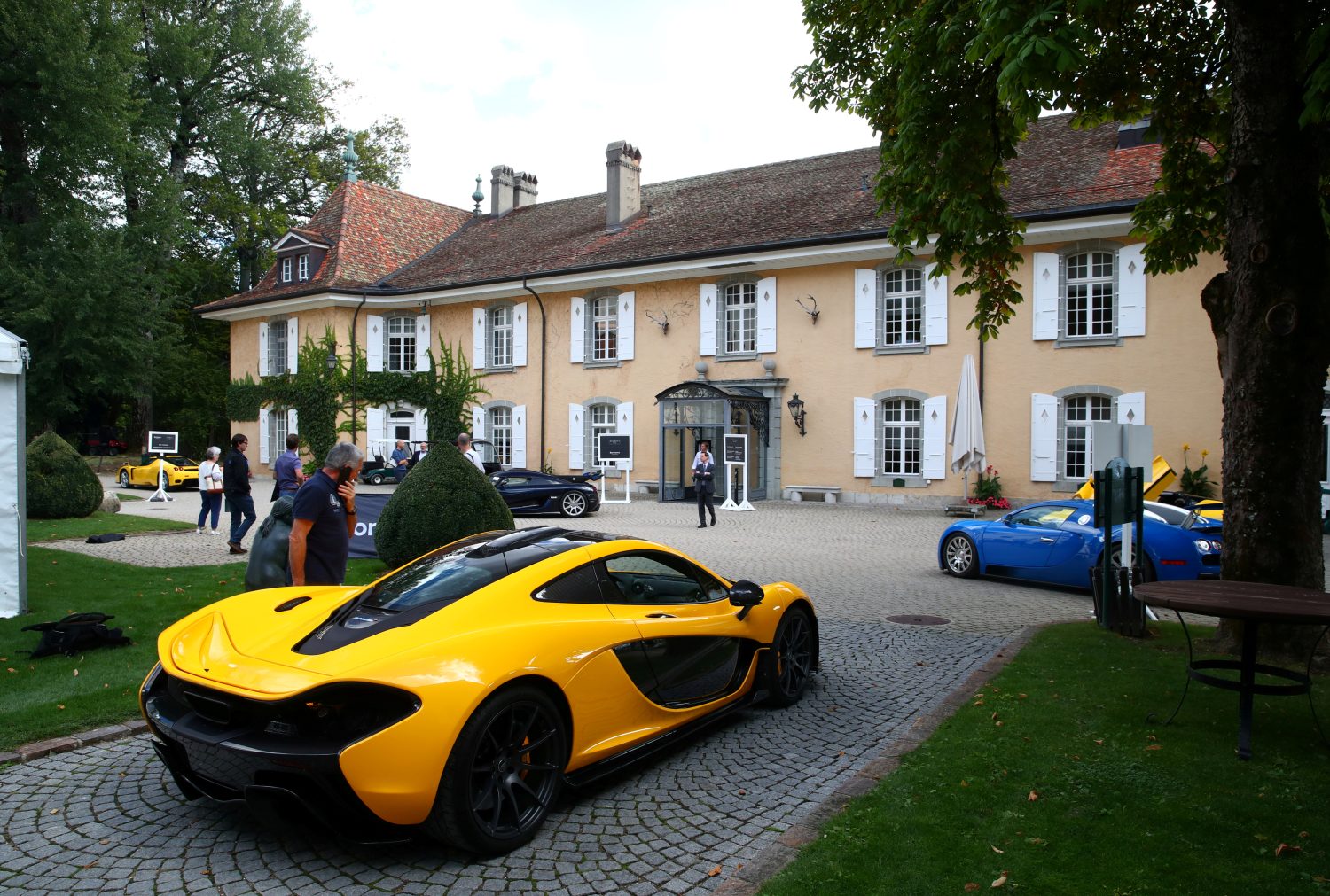
How to Return Teodorin Obiang’s Ill-Gotten Assets to their Rightful Recipients: the People of Equatorial Guinea
President Teodoro Obiang Nguema and his family have ruled Equatorial Guinea with absolute power for over 40 years. Despite being an oil-rich nation, there is widespread poverty in Equatorial Guinea and the country has accumulated billions of dollars’ worth of debt in loans. This is due to rampant embezzlement and human rights violations that deny Equatorial Guineans their fundamental rights.
At the same time, millions of dollars in corrupt assets from the President’s son, Vice President Teodoro Nguema Obiang (“Teodorín”), valued at US$200 million, have been seized in Brazil, France, Switzerland, and the United States in recent years. These include 25 luxury cars sold for US$24 million in Switzerland, US$16.5 million in cash and luxury watches in Brazil, a US$6-million Malibu mansion in the United States and assets worth €150 million in France, among other assets.
But can we transform the proceeds from the sale of ill-gotten luxury assets, purchased with public funds for the indulgence of one man, into reparations for survivors of torture, and support education, artistic expression, independent news and a more vibrant society?
A new briefing published by an alliance of Equatorial Guinean and international organisations, activists and experts who work on combating corruption, including responsible asset recovery and reparation, and the defence of human rights, shows that this is possible.
Our briefing proposes avenues to repatriate those assets for the benefit of Equatorial Guineans in a way that helps combat corruption, while empowering victims through participating in the design of reparations and disbursement of funds to their rightful recipients: the citizens of Equatorial Guinea.
One of the main recommendations in the briefing urges States that have seized Obiang’s assets to apply the Civil Society Principles for Accountable Asset Return. This will safeguard against funds feeding back into the country’s corrupt system by ensuring that assets returned are traceable throughout disbursement, that those involved in corruption cannot benefit from them, and that monitoring processes are put in place.
The briefing also recommends that in returning assets to Equatorial Guinea, States engage meaningfully with independent civil society in determining how the funds are spent in a way that helps provide reparations for survivors of torture and combat corruption. For example, through scholarship programmes, community-based activities, journalist training programmes and social justice programmes. These recommendations highlight the important role civil society can play in asset recovery processes.
The briefing will be launched to coincide with the 14th session of the Conference of State Parties’ Implementation Review Group, where States Parties to the United Nations Convention Against Corruption will discuss how to ensure effective implementation of the Convention.
Four organisations in the alliance (CiFAR, EG Justice, Transparency International France and REDRESS) will host a discussion where they will highlight the important role of civil society in helping repatriate corrupt assets in an effective and accountable manner.
This new briefing and the discussion are particularly timely because even though the majority of the funds seized in the US were used for COVID-19 vaccines in Equatorial Guinea, there is still significant uncertainty about how remaining US funds and assets seized in Switzerland, France and Brazil will be returned to their rightful recipients.
Photo by Reuters showing cars seized from Teodorin Nguema Obiang in Switzerland.
